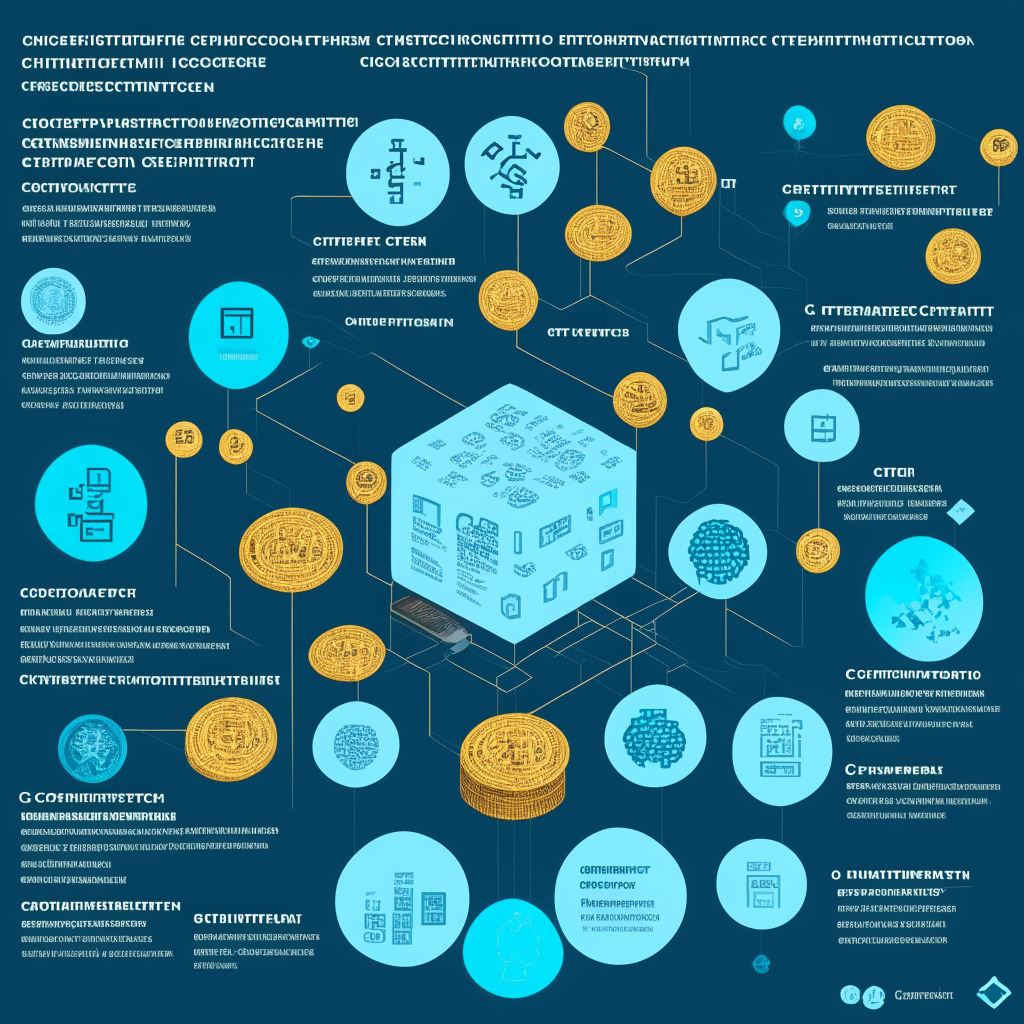With advancements in quantum computing, a team of researchers from universities in Australia and the United States have proposed a novel proof-of-work (PoW) scheme for blockchain consensus. The proof-of-work consensus by quantum sampling, as it’s called, has the potential to provide significant speedup and energy savings when compared to current classical hardware systems.
The current algorithms used for solving PoW puzzles are notoriously slow and energy inefficient, leading to increased energy consumption and environmental concerns. The researchers believe that by implementing their boson sampling based PoW scheme on quantum hardware, the efficiency of the system could significantly increase while also reducing its energy consumption.
One major advantage provided by this scheme would be the increased difficulty of mining as the number of miners increases. This would help maintain consistent block mining time, further incentivizing continued participation of quantum miners.
Boson sampling, the process referred to by the researchers, has already shown promise in a variety of quantum computing applications. However, its potential has been limited due to its non-universal quantum computing nature, meaning it has to be used in a system built for a specific task. By applying boson sampling to blockchain technology, it may prove to be the perfect solution for future-proofing blockchain applications and potentially reducing the environmental impact of mining on Bitcoin blockchain and similar chains.
Quantum hardware has a distinct advantage over traditional computers in terms of how blockchain mining works. Classical supercomputers, although capable of precomputing, waste resources when applied to blockchain mining, as it is a “progress-free” problem. This means that no matter how many blockchain puzzles are solved, the computer and algorithms don’t ever get better at solving them.
Quantum computers, although still challenging to develop and expensive to maintain, could eventually validate consensus more efficiently than current classical systems. This proposed PoW scheme for blockchain consensus could potentially drive a new era of energy efficiency in blockchain technology while also boosting the overall performance of the network. Although these developments are still in their early stages, the potential impact on blockchain technology and applications like Bitcoin cannot be understated. The future of blockchain could very well be intertwined with the advancement of quantum computing.
Source: Cointelegraph




